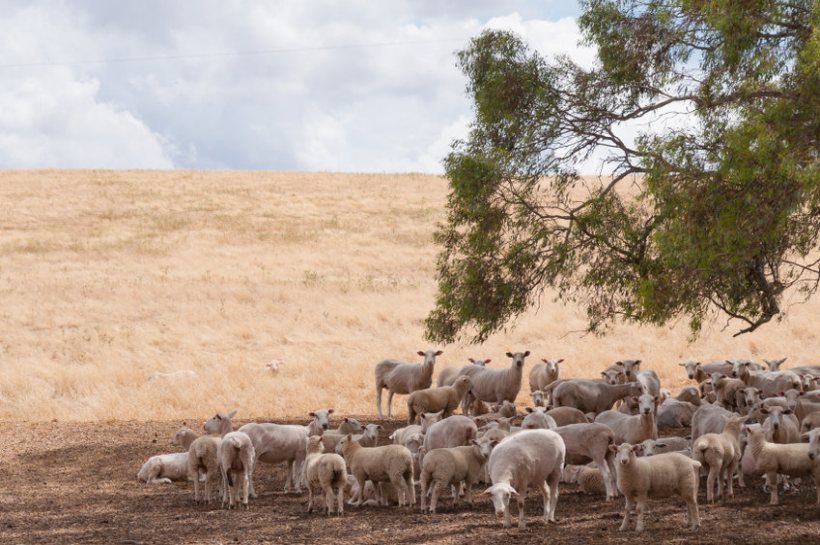
The Australia free trade deal risks the displacement of UK food production, the Farmers' Union of Wales has warned a parliamentary committee.
The union repeated concerns about the Australia trade deal and its impacts on UK agriculture when giving evidence to the Welsh Senedd‘s Economy, Trade, and Rural Affairs Committee.
Speaking at the session, FUW senior policy officer Gareth Parry said there was a 'natural concern' that the full liberalisation of the trading of agri goods "risks the displacement of UK food production".
Although the impact assessment implies an estimated loss of gross output for Wales' beef and sheep sectors of £29m, Mr Parry said this needed to be considered in the context that the UK-Australia deal was likely to set a precedent for future deals.
He said: “The cumulative effect that we would expect from trade deals with countries such as New Zealand and others within the CPTPP means that that £29m then becomes much greater, in the longer term at least.”
The union further highlighted that there's also the potential for trade deals to impose further barriers on UK exports to the EU, particularly when considering the differences in production standards between the UK and Australia.
“Although a number of UK products enter niche and specialist high-end markets, we need to be realistic and consider how important mainstream commodity markets are," Mr Parry added.
"Even for those producers who aim for such high-end markets, there will always be a proportion of those products or carcases that enter mainstream markets, such as our red meat export market in the EU.”
Mr Parry said that inherent to an increase in food imports as a result of this deal would also be a reduction in the UK’s food security.
This would occur either through the displacement of UK production or through an increased reliance on food produced thousands of miles away, and that the government’s own figures confirmed this was likely.
Drawing attention to the timescale of potential impacts, Mr Parry stressed that: “If we look over the last ten years, we've seen much lower prices for beef and sheep in Australia, and that's been evident in how much Australia has filled their quotas in the past.
"Australia is currently relying heavily on the Chinese market, and there's always the potential for that market to close overnight," he explained.
"Although we may not see these potential impacts in the near future, there is of course the likelihood of those impacts being harder felt in the long term.”
Mr Parry added that: ”There's been a big focus and a lot of effort going into signing trade deals such as this one with Australia since we left the EU, rather than improving and making the current UK-EU trade deal more efficient.
“We have seen a 25% reduction in our sheep meat exports to the EU since the introduction of post-Brexit checks and bureaucracy at borders.
"There are obviously improvements to be made in terms of our current trading arrangements with the EU, which we mustn't forget is our biggest export market for UK red meat.”
Mr Parry stressed that the government needed to postpone the introduction of any additional red tape that could further undermine the agricultural industry at home.
“Additional red tape in any form, whether it’s livestock transport regulations, the NVZ regulations, or anything else that would put our producers at a further disadvantage compared to our competitors."
